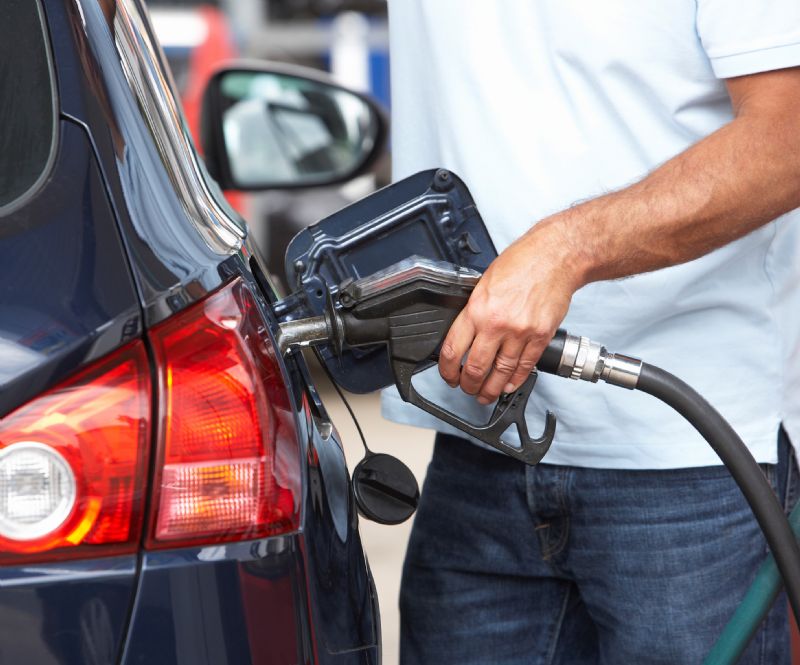- Home
- News, Articles & Reviews
We are hiring! Please click here to join our growing magazine delivery team in Gloucestershire!

Is this the end for petrol?
Author: Toby Aiken, Posted: Friday, 26th July 2024, 09:00
So, Labour have won the general election and, according to their manifesto, this brings the petrol/diesel ban back to 2030, from 2035 where the Tories had moved it to. But what does this actually mean?
While the media like to say it’s a ban on fossil fuels, it’s actually a ban on anything that doesn’t have at least mild hybrid technology, so you will still be able to buy a car that uses petrol, it’s just that it has to also have a hybrid element. Until 2035 at least. Petrol stations will be a thing for many years to come, that’s for sure.
While the move to EVs seems to be ‘the future’, there are still concerns and questions around the charging infrastructure, among other things. And let’s not mention the impact of lithium mining… But here’s a thought: what if there was a way to keep producing (and buying) petrol and diesel cars, without releasing carbon dioxide? Could there still be an alternative that will appear to ‘save the day’ for the internal combustion engine?
What if you could keep running your petrol car (or even buy a new one) and run that as normal, without adding to the carbon dioxide in the atmosphere?
Something that mimics the energy output of petrol or diesel
I’m talking about synthetic fuel; something that mimics the energy output of petrol or diesel when it’s combusted, but with a net-zero carbon emission. Essentially, and this is simplifying what I suspect to be a complex process, synthetic fuel is made using green (environmentally friendly) hydrogen and carbon dioxide that is captured directly from the atmosphere. Hydrogen and carbon – the definition of a hydrocarbon – i.e. oil and therefore petrol.
This can then be used as a fuel, but the carbon dioxide that comes out of the exhaust was extracted from the atmosphere before being put into the car. Is this then an alternative to buying an expensive EV and the issue of infrastructure for charging? Maybe. But maybe not.
The catch (and of course there is one) is the cost. I’ve looked at any number of websites and it seems there are as many different opinions on the costs now and in the future as there are websites. Essentially, it’s quite expensive to make – now – but, as with all new things, the costs will reduce. Look at the early Tesla models – you would have been hard pushed to get one for much less than £80k in 2015. Scaled up to today’s money, that’s almost £106k with inflation taken into account. Today’s entry level Model S is around £85k, or £63k in 2015 terms, so the costs have dropped, as they always do.
So, will synthetic fuels be the answer, or are we still destined to be driving EVs?
To be honest, I have no idea. But with the likes of Porsche and BMW sniffing intently at the synthetic fuel market, I don’t think it’ll be going away any time soon.Copyright © 2025 The Local Answer Limited.
Unauthorized use and/or duplication of this material without express and written permission from this site's author and/or owner is strictly prohibited. Excerpts and links may be used, provided that full and clear credit is given to The Local Answer Limited and thelocalanswer.co.uk with appropriate and specific direction to the original content.More articles you may be interested in...


© 2025 The Local Answer Limited - Registered in England and Wales - Company No. 06929408
Unit H, Churchill Industrial Estate, Churchill Road, Leckhampton, Cheltenham, GL53 7EG - VAT Registration No. 975613000You are leaving the TLA website...
You are now leaving the TLA website and are going to a website that is not operated by us. The Local Answer are not responsible for the content or availability of linked sites, and cannot accept liability if the linked site has been compromised and contains unsuitable images or other content. If you wish to proceed, please click the "Continue" button below:




